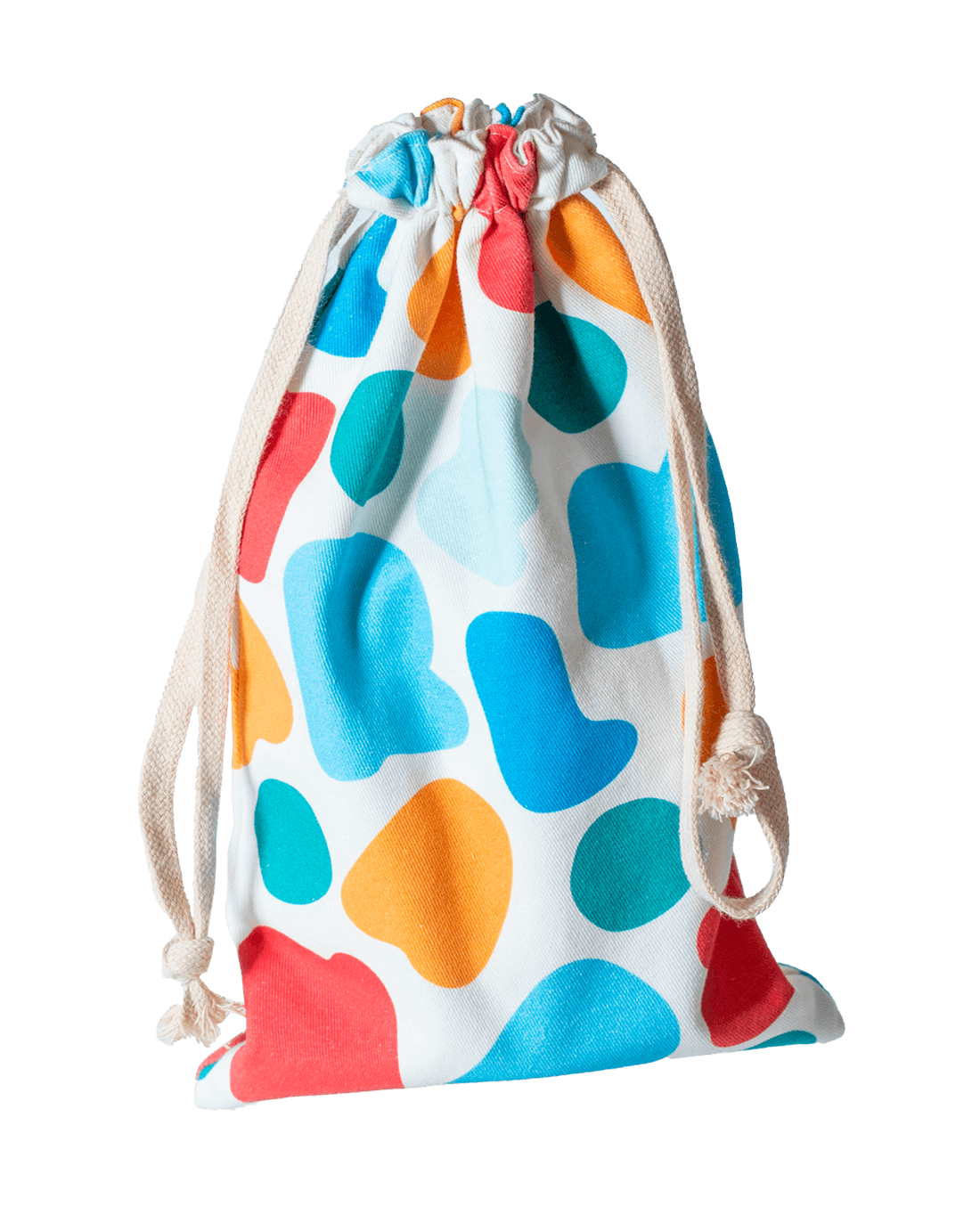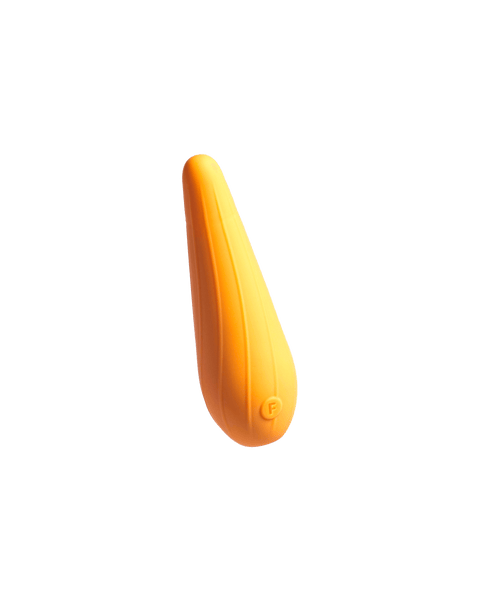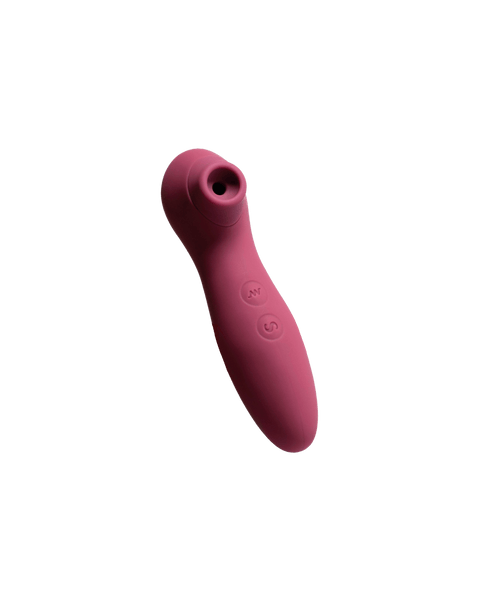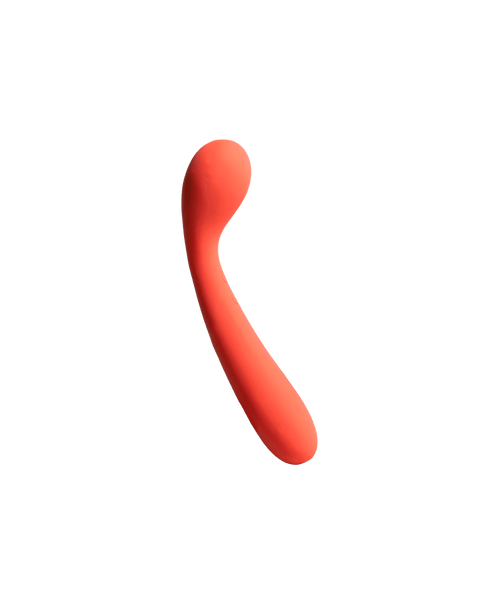When it comes to feeling comfortable about periods, society still has a long way to go.
Our friends at Modibodi are on a mission to make period pride a pillar of the future, so we’ve cosied up with them to learn everything we could ever dream of knowing about periods - from first periods, to period poverty and everything else in between.
What should I expect on my first period?
Welcome to the world of bleeding. Your first period can feel scary, strange and sometimes even painful and gross, but it doesn’t have to be that way. For so long, menstruators have been told to prepare for their first bleed without any background information on what periods are, why they happen, how you can ease your symptoms and experience, as well as the power they hold. So let’s empower you with all of the nitty gritty information!
Most people get their first period between the ages of 11 and 14, with the average age being just over 12 years old. Before you bleed, it can be tricky to tell when you might get your first period – but it usually happens about two years after the first signs of puberty (including breast development) and about one year after you begin growing pubic hair. You might also notice white or yellow-ish discharge coming from your vagina in the months leading up to your first period.
Your first period might come and go without causing you any pain, or on the other side of the spectrum, it could cause you discomfort. You might experience symptoms like cramping in your lower abdomen, breast tenderness, a lower backache, diarrhoea, nausea and dizziness. Ow! The good news is that most of these symptoms usually don’t last too long – and they can also be tamed with the use of over-the-counter pain relief medications. A hot water bottle can also be a great pal for pain, too.
Your periods will probably last between 4 to 8 days. It may be really light, with just a few spots of brownish blood. You might also experience brighter red blood on days where you have a heavier flow. It’s typical to lose between 5 to 80ml (6 tablespoons) of blood every period – but you may lose less in your first few periods.
What period products are available?
While periods sound like a big deal, modern-day menstruating has been made easy-peasy with brand new period product technology.
Common options include pads, tampons and menstrual cups; but if you're interested in a sustainable solution, you might also want to take a look at the world of absorbent underwear.
Brands like Modibodi paving the way for powerful periods with brilliant new-age technologies that aim to remove the shame and stress around our monthly cycle - form absorbent period underwear, activewear and even swimwear. Made to make the lives of menstruators easy breezy when it comes to bleeding, absorbent undies have taken the world by storm since they were brought to life. With the average menstruator using between 11,000 to 17,000 tampons across their lifetime, it’s easy to see why Modibodi are on a mission to make sustainable period products accessible and easy.
What does period poverty mean?
Periods can be tricky, but for those who lack access to adequate support, hygiene and education, menstruating is even harder. Period poverty is a global health issue that is spurred by gender inequality. It causes menstruators to miss out on education, work and social issues.
Period poverty covers everything from a lack of sanitary products, to a lack of toilets, handwashing facilities, community support and knowledge about period health. Across many parts of the world, women report that the cost of sanitary items are so high that they cannot leave their homes during their periods. It can be rooted in taboo, a lack of education, cultural stigmas, and financial hardship.
How do conditions like PCOS and Endometriosis affect periods?
One of the major areas where we lack education on period health is period-related health. Conditions like Endometriosis and polycystic ovary syndrome (PCOS) affect a lot of people – in fact, about 6-12% of menstruators deal with PCOS, and one in ten have Endometriosis.
Both of these conditions can disrupt a normal menstrual cycle, causing excessive bleeding, irregular periods and sometimes even infertility.
Can I use sex toys and lubricants during my period?
Absolutely! In fact, experiencing an increase in libido around the time of your period is extremely common, and for many people, masturbation and orgasm may help to alleviate period pain.
As always, remember to clean your toys between uses to keep them in great shape and prevent any bacterial buildup (for example, you can use our toy and hand cleaning spray).
[[--product:toy-hand-cleaning-spray--]]
And keep in mind that even if you are on your period, period blood isn't a substitute for natural lubrication, or an added lubricant, so remember to use whatever lubricant typically works best for you.
Silicon-based lube is a great solution for when you want long-lasting, water-proof and super-silky lubrication.
[[--product:silicon-based-lube--]]
And if you're looking to pair a lubricant with silicon toys (like the NORMAL range), water-based lube is the best pairing.
[[--product:water-based-lube--]]
Not sure how to choose a lube? Check out our guide to choosing a lubricant here.
Should I try period undies?
Our friends at Modibodi have brought together all of their most commonly asked questions in one place for you, right here - so read on & become an expert.
How do you wash period undies?It’s simple! After you’ve bled in your period undies, rinse them under cold water and chuck them in the washing machine before hanging them out to dry. The only thing you need to remember is to avoid fabric softener, as it depletes the technology in the absorbent gusset.
How long can you wear period undies?As a great rule of thumb, you’ll generally need one pair of period undies per day of bleeding, unless you’re experiencing an extra-heavy flow. Modibodi recommends wearing them for 8 hours or more on lighter days, or 4 hours or less on heavier days. There’s definitely no hard-and-fast rule though, so it might take a little bit of playing around to figure out your flow.
Can I use period undies if I have a heavy flow?Of course! The beauty of period undies is that they come in a huge range of different absorbent levels – so for those of you with a heavier flow, you’re still covered!
Good apparel brands will make sure that there’s a shape, size, style and absorbency level for everyone. From Modibodi, you have the Classic Boyleg Light-Moderate knickers made for breezier days, to Classic Bikini Maxi-Core (that can absorb up to 50ml) for heavy days, Modibodi is proud to have moved mountains for every kind of menstruator. However your flow works, there's a perfect fit for you.
Do period undies smell?
Unlike tampons or pads, period undies are brilliant in the way that they are generally odour resistant and smell-free! Because of their breathable nature, they wick away moisture and odour in a jiffy. While of course you may get a whiff of iron if you’re changing them after a day of heavy bleeding, you’ll likely find period undies a lot more comfier for your nose than traditional period hygiene products.
What are my options for swimming on my period?Don’t let your period trod on your hot girl summer! Welcome to the world of period swimwear – a brand new era of stress-free, life-changing period products that make soaking up the sun a breeze.
While the classic option is a tampon or menstrual cup, Modibodi’s period swimwear are also perfect for light periods and spotting, or for those days when you have no idea what your period’s doing! Designed to keep periods locked in even when you’re making a splash, you’ll love donning confidence and comfort in Modibodi’s absorbent one-piece or separates.







